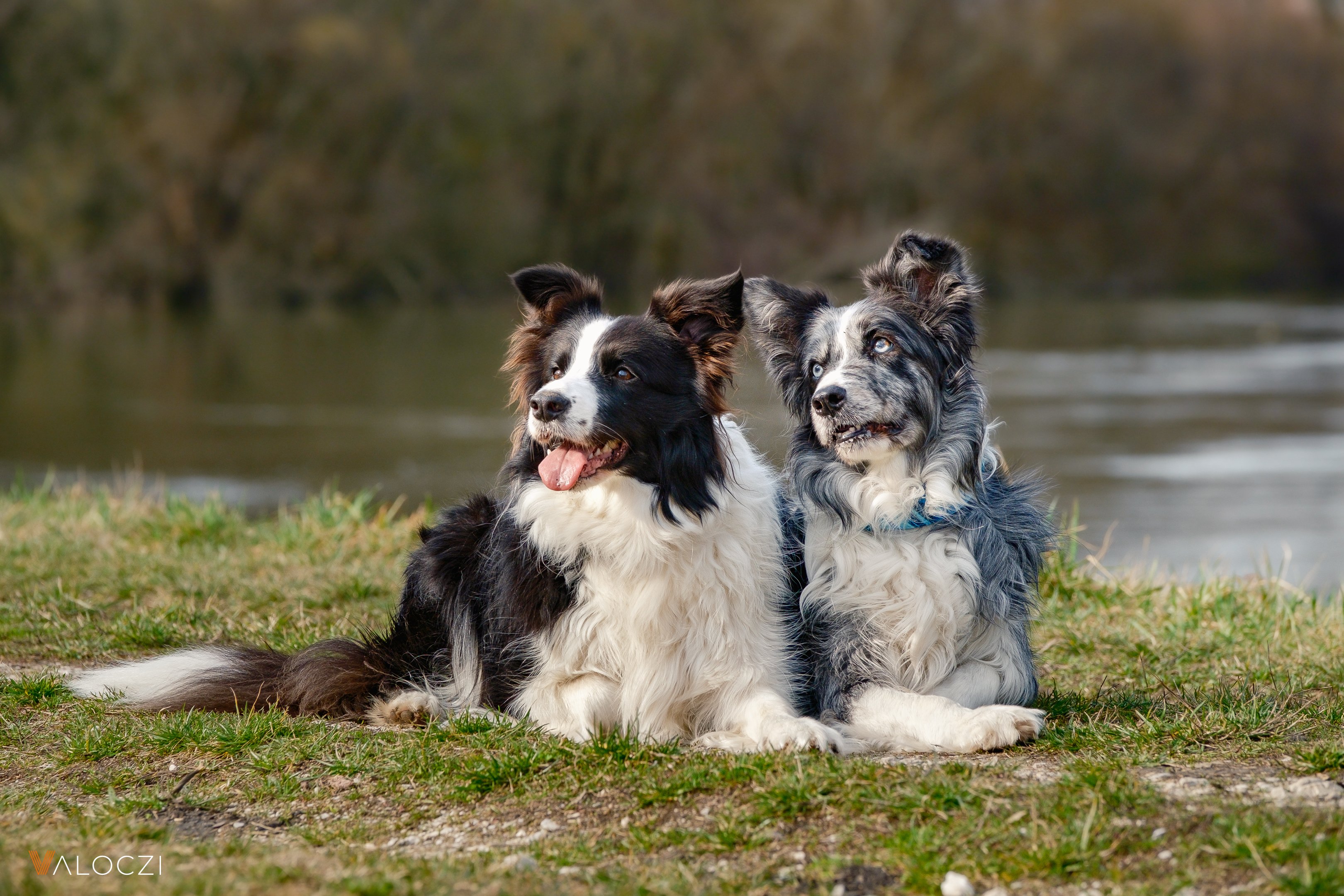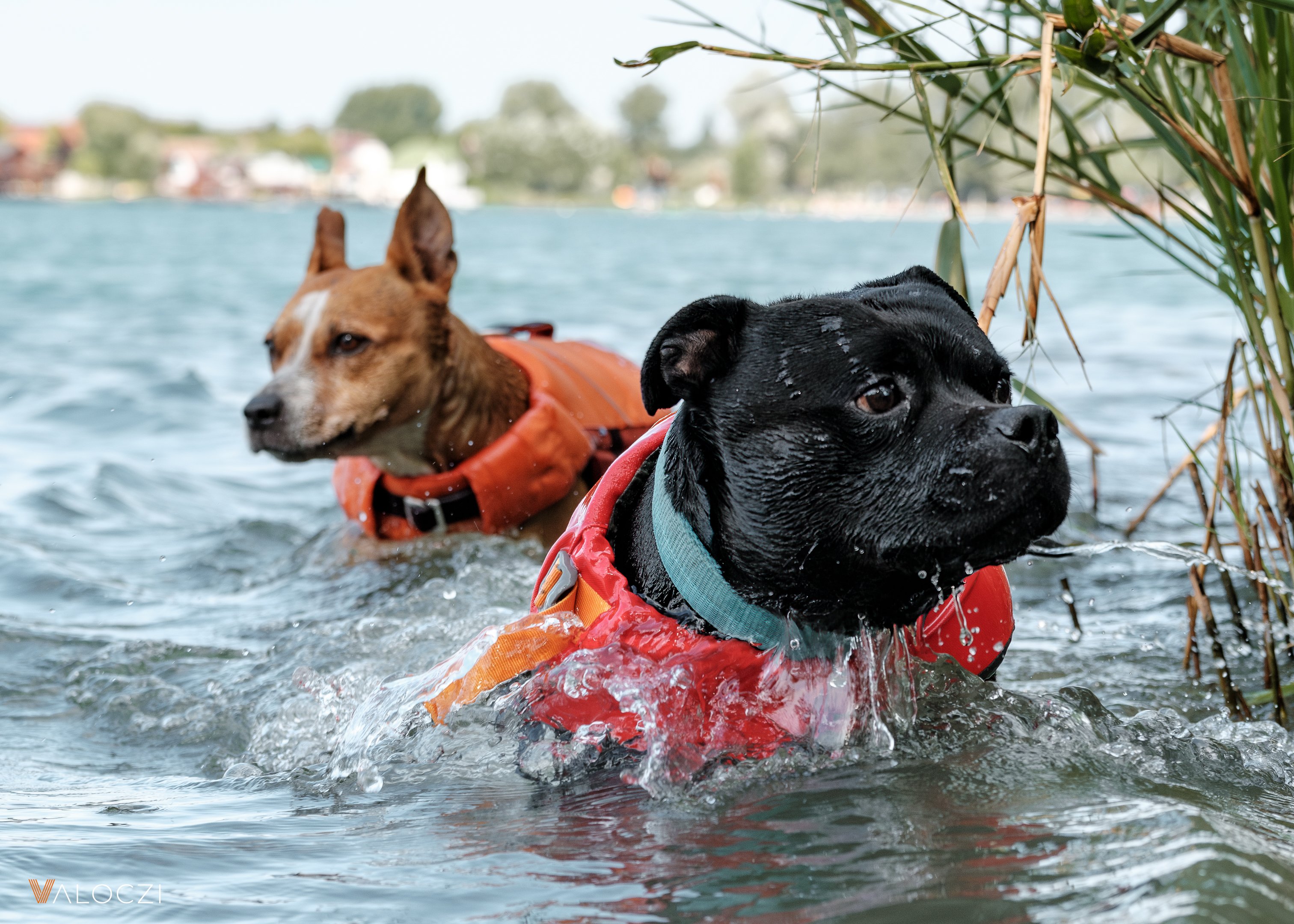A New Study Has Highlighted That Our Dogs Are Causing Increasingly Significant Environmental Damage
Published: 2025. 06. 16 - Photos: Getty Images Hungary; welovedogz.hu • 3 minutes reading

Published: 2025. 06. 16 - Photos: Getty Images Hungary; welovedogz.hu • 3 minutes reading

A fresh study, which sheds light on man’s best friend from a new perspective, suggests that our pets may be nature’s greatest enemies.
The research examining the environmental impacts of domestic dogs concluded that our four-legged companions have far-reaching negative consequences for wild animals, ecosystems, and the climate.

According to new research from Curtin University – which focuses on the previously little-studied environmental impacts of domestic dogs – these animals pose a serious and multifaceted threat to the natural wildlife, ecosystems, and climate. While the ecological damage caused by cats has already been widely studied, this new research found that dogs – as the world’s most common large predators – also carry significant environmental danger on multiple levels.
The leader of the research, Associate Professor Bill Bateman from the Faculty of Molecular and Life Sciences at Curtin University, said that domesticated dogs owned by humans disturb and directly harm wild animals – especially coastal birds – even when they are walked on a lead. “Beyond predatory behaviour (such as chasing animals), the smells, urine, and faeces left behind by dogs can disturb animal behaviour long after the dogs have left,” said Associate Professor Bateman.
Studies have found that animals like deer, foxes and bobcats in the US are less active or completely avoid areas where dogs are regularly walked, even in the absence of the dogs. Dog waste also contributes to pollution in waterways and inhibits plant growth, while wash-off from chemical treatments used to clean and guard dogs from parasites can add toxic compounds to aquatic environments. In addition, the pet food industry, driven by a vast global dog population, has a substantial carbon, land and water footprint.
– explains the leader of the research.
According to Associate Professor Bateman, addressing these challenges requires careful balancing between reducing environmental damage and preserving the positive roles of dogs – as companion and working animals.
“Dogs are incredibly important to people’s lives and their roles range from providing companionship to contributing to conservation efforts as detection dogs,” Associate Professor Bateman said. However, the sheer number of pet dogs globally, combined with uninformed or lax behaviours by some owners, is driving environmental issues that we can no longer ignore.” – emphasised Associate Professor Bateman.
The study also highlights the obstacles standing in the way of sustainable pet keeping. It found that although the dog food industry is a key factor in national sustainability action plans, only 12–16% of dog owners are willing to pay more for environmentally friendly food – mainly due to rising costs. Furthermore, the lack of knowledge among owners about the environmental impacts of dogs worsens the situation.
"Many owners simply don’t realise the environmental damage dogs can cause, from disturbing wildlife to polluting ecosystems,” Associate Professor Bateman said. Others may feel their individual actions won’t make a difference, leading to a ‘tragedy of the commons’ where shared spaces like beaches and woodlands suffer cumulative degradation."

Associate Professor Bateman said that in their opinion, protective measures might be necessary to protect vulnerable species – for example, banning dogs from certain sensitive areas. But they also added that this alone is not enough. Cooperation would be needed between dog owners, conservation organisations, and decision-makers to enable a balance between pet keeping and environmental protection.
Follow us!
facebook instagram youtube spotifyRelated articles

Yeast and Raw Pasta Can Kill Your Dog
Health • 3 minutes
How to keep your dog safe outdoors during the cold winter
Care • 5 minutes
Is your dog's paw slipping too often on the floor? Here's what you can do to help
Care • 3 minutes
As the temperature drops, your dog's skin becomes more sensitive: how to care for it properly
Care • 3 minutes